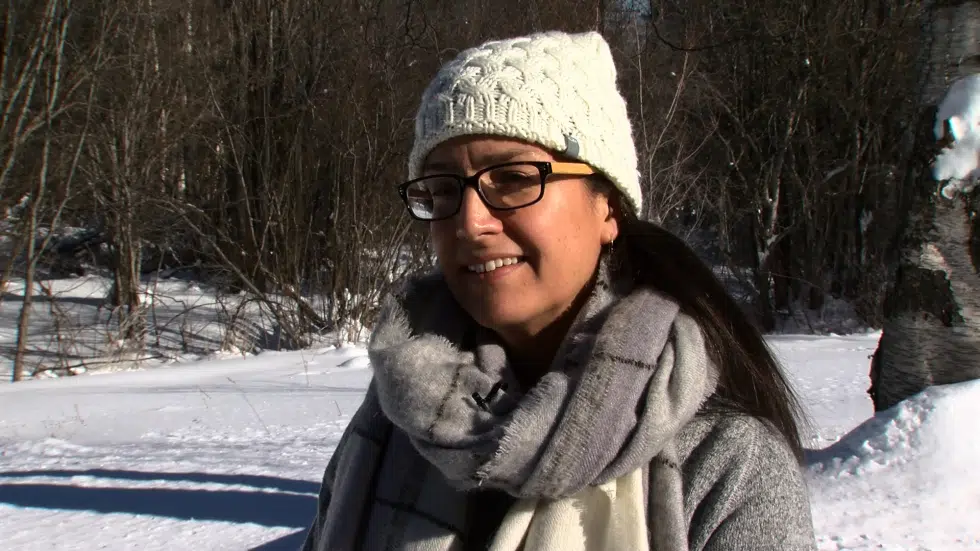
New study finds disparities in health outcomes for Indigenous, non-Indigenous
PRINCE GEORGE, B.C. — UNBC factors prominently in a new report released by The Lancet, looking at Canada’s universal health care system.
Two separate reports identified Medicare as “a source of national pride, and a model of universal health care coverage. It provides relatively equitable access to physician and hospital services through 13 provincial and territorial tax-funded public insurance plans.”
However “relatively” is the keyword.
The report found that there are significant disparities between health outcomes of Indigenous people and Non-indigenous people.


